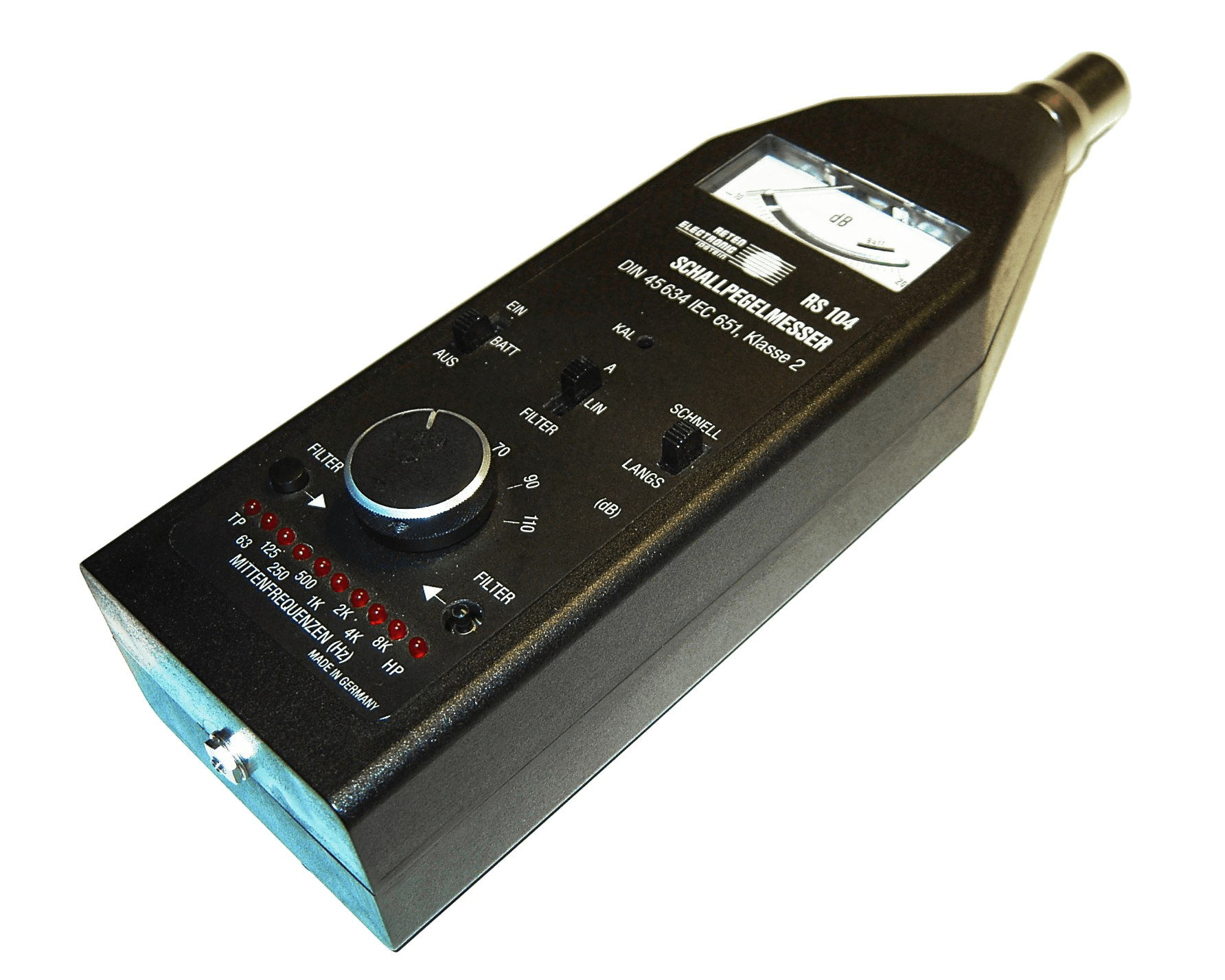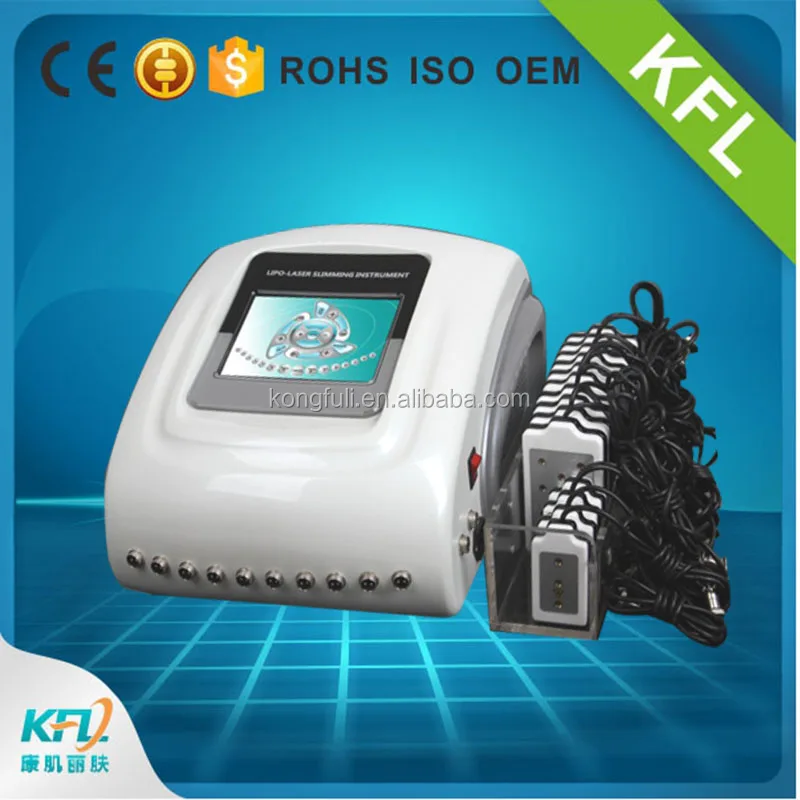
EBay determines this price through a machine learned model of the product's sale prices within the last 90 days.
Multimeter Instruction Manual
Fluke makes great meters, no doubt about it. If you use it a lot, you can't go wrong with a Fluke.

If you only use it occasionally, you can get by with something less expensive (not cheaper!). I've had Flukes and now I use a Craftsman meter, and it's about 10 years old and has held up well. Even the probes are still in good shape, and I use mine a lot. Check around, and you'll see some good meters that will work for you, at a decent price. Just stay away from the el-cheapo models, they have the flimsiest probes and cases. For automotive type work, you might take a look at some of the Actron models, or the upper line Kal-Equip models.
I have an Actron CP7680 that I bought off eBay (cheap) a few years ago, and has been a good meter. Has all the same basic functions of the Fluke 88, but not nearly as expensive.
Also works just fine for home and shop AC electric work/troubleshooting, but is not true RMS. Not sure the CP7680 is available anymore, but the Kal-Equip 3000 model looks identical with identical features. If you want the best and don't mind spending the money, go for the Fluke.
For around $200 bucks (shipped) I picked up a nice Fluke 78 from Great deal! Came with a nice, easy-to-follow users manual, and Fluke has some further testing techniques in PDF files that you can download from their website that show you different ways to utilize the various features. There is a long list of accessories for the 78, as well. Only drawback was, no carrying case included (sold seperately). Needless to say, it has come in extremely handy.
Bob Ayers can vouch for the fact that, when I first came on the board a few years ago my electronics skills were, ahem, rudimentary at best. But as I became better aquainted with the inner workings of my Fords, I quickly realized how important a good multimeter is to have in your tool box. I had been getting along with using another meter I had lying around for houshold stuff, but I wanted something specifically for the purpose of automotive testing, and then if it did more than that, fine. I poked around and did some research and soon realized that Fluke is a very reputable company when it comes to meters. Some more reading up on the company and it was clear that Fluke was my choice. FWIW, another thing I took into account while looking for a meter is something that I have seen in several Ford Manuals regarding testing automotive circuitry. Quote: NOTE: 'True RMS' DVOMs should not be used with the pinpoint tests because they may display different voltage readings depending upon if the DVOM is turned on first and then the test leads are connected, or if the leads are connected first and then the DVOM is turned on.
Also, they may not auto-range to the same range every time and some units will display significantly different values depending on the range selected The Fluke 78 is not a True RMS meter, so I suppose that's why it's on Ford's list of approved meters. I have found that, when you have a good meter in your box, you are much more likely and motivated to tackle those pesky electrical problems. Digital meters are limited to certain extent especially in automotive use.
For instance they if you are reading voltage at a turn signal wire that is flashing you only get a bunch of jumbled digits. With an analog meter the needle will sweep up then down. Much easier to visualize whats going on. I have both and if I had to have only one I would have the analog type. Much more rugged and reliable in comparable cost meters. Sweeping needles have their drawbacks, as well.

In any case, Fluke is aware of that concern and that's why on their automotive meters there is a built-in 'Precision Analog Bar Graph' that is displayed along with the digits. This is a quote out of the Fluke manual. Quote: The one problem with digital readouts has been that the numbers displayed didn’t give much information about whether the reading was increasing or decreasing. You may have experienced the frustration of trying to read the constantly changing numbers on digital exhaust gas analyzers or engine analyzers. Fluke has overcome the problems associated with traditional analog and digital meters by providing a combination display that gives you the accuracy of a digital readout with the dynamic measurement capabilities of an analog meter. Rather than adding new meters to test every gizmo that comes along, one good multimeter will suffice. The Fluke 78 is probably better described as an Analog/Digital Multimeter.
Fluke even uses those terms in some of its promotional literature.